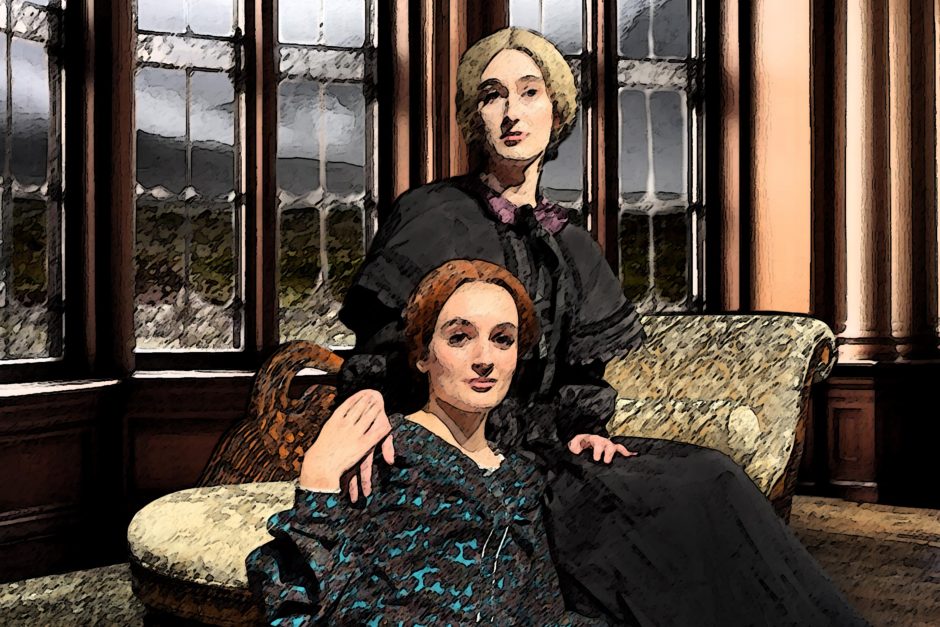Cornell staff member one of 50 best writing teachers on Twitter
For Shawn Patrick Doyle, writing doesn’t come easily, and it never has.
That might seem like an odd thing for a writing consultant to admit, but it also gives Doyle, who works mostly with first-year students, a window into some of the difficulties young people have as they try to write for college-level courses.

It’s also what led him to start his blog, Good writer, bad writer. For the past 18 months, he’s covered a variety of topics about writing, from the value of topic sentences to designing and teaching a role-playing-game creative writing class.
The name of his blog came from the idea that students tend to think they are either good writers or bad writers and that there’s nothing they can do to change that. Doyle works to help them realize that writing is work, and that it takes practice to get better. He helps them deal with the urge to quit when it seems discouraging and to push through difficult writing assignments. And in each of them he tries to instill the idea that even as a college student, it’s still OK to be excited about your education.
“At some point it doesn’t feel as safe to care about our education, so we stop,” he said.
It was Doyle’s participation in THATCamp, a gathering of people interested in technology and the digital humanities that led him to another outlet for writers—Twitter.
Doyle noticed that many of the other attendees had accounts on the micro-blogging service, so he signed up for one, and has used his account to keep the world up to date on his blog posts. His posts have earned him a big honor. He was recently listed among the top 50 creative writing teachers on Twitter by worldwidelearn.com, an education directory.
Though only starting to use the service relatively recently, Doyle said he’s fallen for it because of the ease with which he can find things he didn’t expect. Those unexpected posts—such as a speech about where good ideas come from—in turn inform his blogging and his work with students.
And in the end, the students are what drives him. His position requires a delicate balance of teaching and coaching—solving psychological blocks to writing as well as technical ones. His goal is to make the students self-sufficient writers, and in that way he compares himself to a personal trainer.
“You have to do the work yourself if you want to get better,” he said.



